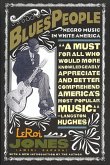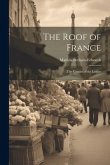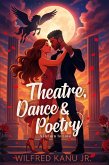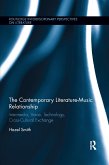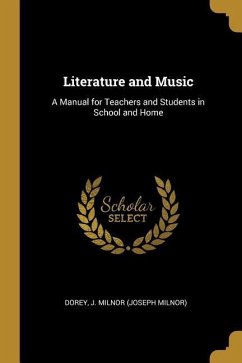It can safely be said that when literary texts are utilized or adapted by a musician to create a new work of art, it is seldom that a diminished or lessened product results. Rather, such a merging usually enlarges and enhances both text and tune, perhaps significantly changing the message of the original. Discovering exactly what the new form has to offer and how it relates to the text or melody that preceded it is often a daunting task, requiring a close examination of both the author's and the composer's intent. The essays in this collection offer an analysis of several adaptations, some successful, some not so successful, and attempt to assess just what the musicians or writers have modified or changed from to the original as they re-form it into an altogether different media. Ranging from Pasternak's appropriation of Tchaikovsky to Britten's operatic versions of Billy Budd and the Turn of the Screw, from Celan's use of fugal technique in his "Todesfuge" to the way that the musicianship of several women writers found voice in their writing, a broad spectrum of collaborations is examined. As readers examine an author's respect for a long dead musician (Hopkins' admiration of Purcell) or as they discover how John Harbison worked to transform Fitzgerald's musicality in The Great Gatsby, it will be evident that musical adaptations often provide a richness that the originals did not possess and that the potential for greatness is heightened when the arts intersect.
Bitte wählen Sie Ihr Anliegen aus.
Rechnungen
Retourenschein anfordern
Bestellstatus
Storno


